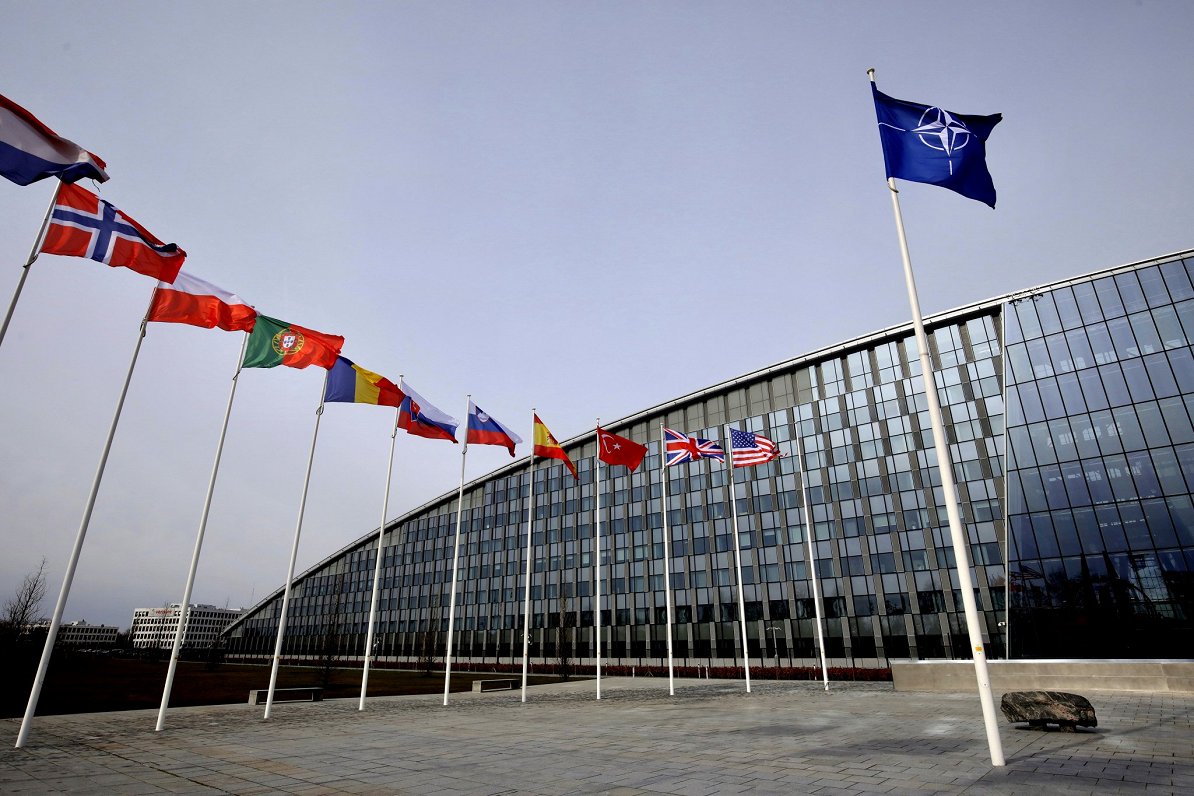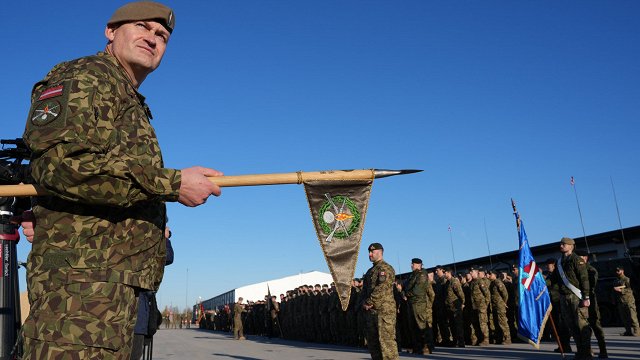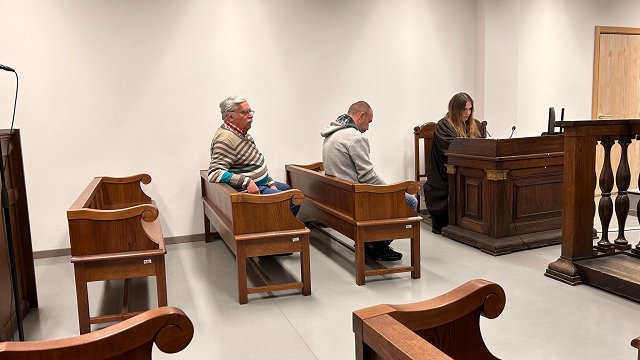Every four months, the NATO member states responsible for patrolling Baltic airspace changes. This mission has been led by Spain since the beginning of May. Britain and France are also participating. Latvian Television looked at the way the Spanish air force is leading the mission and monitoring the airspace.
When a signal sounds, it means that an aircraft is approaching the Baltic airspace, either military or civilian, which has not identified itself, has not submitted a flight plan and does not respond to signals from air traffic controllers or does not comply with safe aviation standards.
?? Spanish Air Force leads Baltic Air Policing mission.#avgeeks check our @Flickr album ? for more great photographs https://t.co/F9Tk4VVYnr pic.twitter.com/CYEh6VK3R4
— NATO (@NATO) May 25, 2020
At this point, it is not yet known what plane it is and what its intentions are. So the Spanish pilots rush to their planes to record the infringer on the rules of flying and escort it out of the airspace.
"This mission is special because a large part of such flights we are conducting in the Baltic region ends up intercepting Russian aircraft," said colonel of the Spanish Air Force, Jesus Gutierez Galego.
Last year, these interceptors received a signal about 200 times regarding unauthorized approach to the Baltic airspace or breaching its borders.
?Nuestros EF-18?? @EjercitoAire #DestacamentoVilkas vuelan con Mirage 2000-5?? @Armee_de_lair en el Báltico. Bon courage à nos alliés!
— Estado Mayor Defensa ?? (@EMADmde) May 25, 2020
Continúa la misión de Policía Aérea del Báltico #BAP #MOPS @NATO, manteniendo medidas frente #COVID19#EsteVirusLoParamosUnidos#BuenasNoches pic.twitter.com/CNQk4bCFQd


























